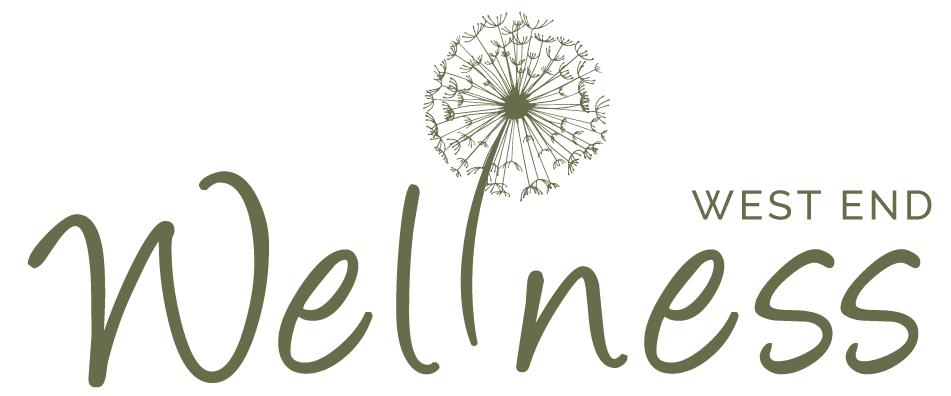TMJ Acupuncture Treatment, Relieve Jaw Pain Naturally
Find relief from TMJ disorders with TMJ Acupuncture in Vancouver at West End Wellness. This specialized acupuncture treatment targets the root causes of jaw pain, stiffness, and tension, offering a natural solution to alleviate discomfort.
Our experienced practitioners carefully tailor each session to your needs, promoting relaxation and restoring jaw function. Our holistic approach ensures comprehensive care by addressing the physical and emotional stressors contributing to TMJ.
Book your session today and take the first step towards pain-free living with trusted acupuncture treatment.
What is Temporomandibular Joint (TMJ)
The Temporomandibular joint (TMJ) connects the lower jaw with the temporal bone, which lies in front of the ears on either side.
These parts are surrounded by muscles and tendons, which help with the movement of the jaw and allow us to do daily tasks like talking, eating, chewing, and yawning.
When the Temporomandibular joint (TMJ) is impacted, it can result in causing discomfort or locking of the jaw. The disorder can also be called Temporomandibular Joint Dysfunction (TMD).
Manual therapy sessions are an excellent remedy and can be beneficial in relieving and often eliminating the cause and symptoms related to TMJ.
What Causes TMJ Issues?
When it comes to TMJ dysfunction, it is commonly associated with pain in and around your jaw as and when you eat. There is also known pain coming from your face or around your ears.
The pain can be mild or severe and range from gradual to sudden severe, commonly known as lockjaw.
Other known symptoms may include:
Grinding, clicking or popping sound when you eat
Pain in the neck and shoulders
Constant headaches (seen in whiplash injuries)
Trouble opening and closing mouth (Jaw Locking)
Tinnitus - Noise in the ear
Fullness and muffling in the ear
Dizziness
Instability of the body
Hearing loss
Most Common Symptoms of TMJ
-
The most common symptom is tenderness or excruciating jaw muscle pain.
Pain is frequently accompanied by a sense of exhaustion and stiffness of the muscles.
Another prominent sign of masticatory muscle dysfunction is a reduction in the scope of mandibular motion: the patient restricts mouth movements due to pain; in particular, medically, an inability to open the mouth is ultimately seen.The chronicity of muscle involvement can be avoided if the problem is addressed early on.
-
Symptoms of this structure can be seen in the following ways:
Accompanying sounds or suffering, such as sub-dislocation, mandibular clicks, and dislocation of the TMJ, are caused by a structural mismatch of the articular surfaces.
Mandibular arthrosis, retro-discitis, synovitis, arthritis, and capsulitis are all examples of joint inflammatory disorders.
-
Dentofacial functional problems like dental abrasion and pulpitis are linked to tooth movement.
Another dysfunction is acute malocclusion, which is the disturbance in the maxillary (upper arch) and the mandibular (lower arch) when they become misaligned.
Dealing With Jaw Pain? Find Relief for TMJ Dysfunction
There is a good likelihood that you have TMJ dysfunction if you have pain in your jaw. You should seek immediate medical attention if you suffer from any of the symptoms mentioned above or a combination.
TMJ Dysfunction can also be treated with Massage Therapy. After an evaluation, your practitioner will determine treatment options for your condition and may recommend you see one of the registered massage therapists at West End Wellness.
What Can I Do Myself To Help Relieve TMJ Pain?
With the correct treatment, you can alleviate the pain in your jaw.
After seeing a therapist, they will want you to keep up a routine of exercises to help you feel better more quickly, as your recovery is essential.
Types of exercises you can do:
Wear a mouthguard (ask your dentist to prescribe you one)
Avoid eating foods that are hard to chew
Do not chew gum
Cut up food to avoid opening your mouth too wide
Apply a warm compression over the jaw for 10 minutes
Sleeping on your back may help with the pain
When To See A Doctor For TMJ
Treatment may involve simple things you can do yourself, such as eating soft foods or applying ice packs. It may include pain medications or methods that consist of instruments inserted in your mouth.
With all injuries, everyone will have a different experience. In some cases, jaw pain may go away with little or no treatment, but in rare circumstances, you might need surgery, and seeing a doctor is recommended.



